We are delighted to share top tips from Dr. Sara Ernst on writing successful conference proposals to support you as you draft your session ideas for The Piano Conference: NCKP 2025. Sara is Director of Teacher Engagement for the Frances Clark Center and a member of the Executive Committee for The Piano Conference: NCKP. We invite you to submit your proposals via our proposal submission portal by 11:59pm PDT on Monday, October 21, 2024.
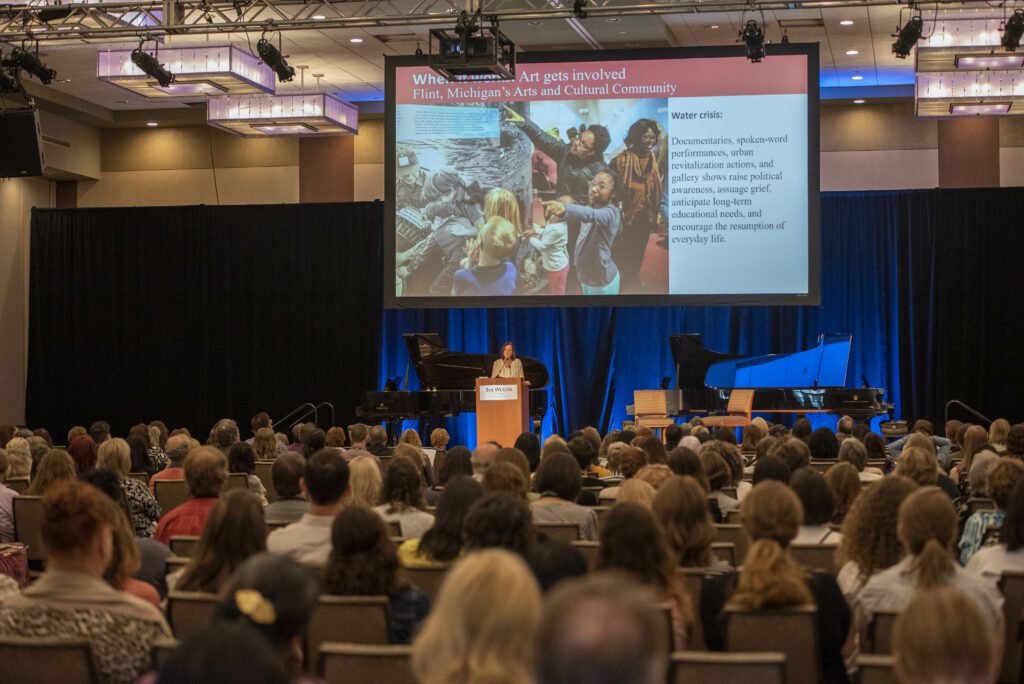
1. Propose a topic that inspires you and aligns with the conference call
A strong conference proposal will be formed from a topic that is ideal for the specific conference, considering both its audience and specific theme or goals. Your topic certainly should grow from your interests and expertise while being relevant to the community at hand. Remember that the review committee will have hundreds of proposals to read, and often, the way to distinguish yours is by demonstrating the significance, relevance, and need for your presentation. Furthermore, convey that you have thoroughly explored and researched the topic, and that you have developed unique and vital ideas, ready to be shared.
2. Clearly state the objectives and organization of your presentation
Within the proposal abstract, give the reader a clear understanding of what will be accomplished during the presentation. Questions to address include: What are your specific goals and outcomes? What ideas and resources will be explored? How will the topic be organized? What examples and visuals will facilitate the flow of ideas? The proposal should demonstrate that the presentation will add depth of content to the conference program and will be effective in its delivery.
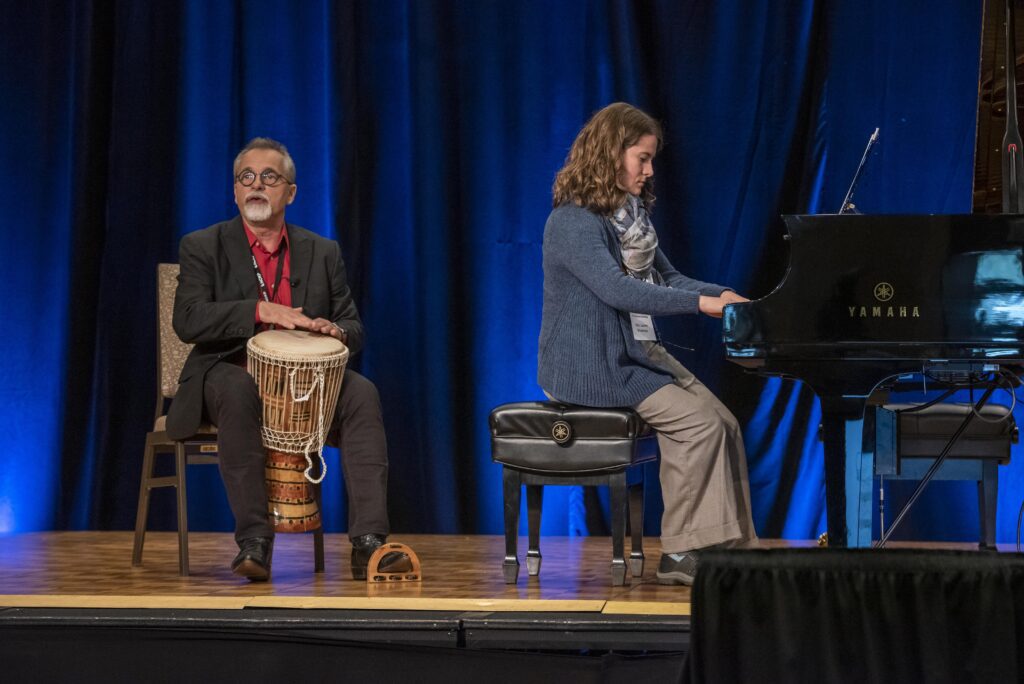
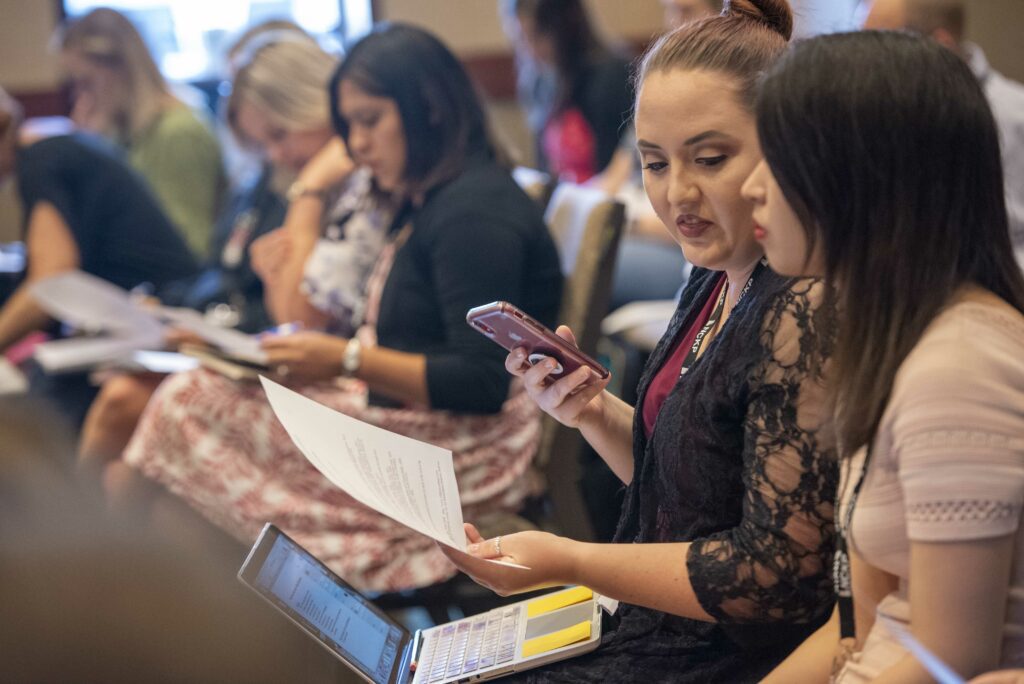
3. Identify how the topic is suitable for the proposed time length and format
The various presentation formats and durations each have unique characteristics. For example, a panel presentation has a theme that will benefit from the sharing of multiple, individual perspectives, whereas a keyboard lab has to demonstrate purposeful use of the group keyboard format. The 50-minute presentation has a scope and level of detail that necessitates the longest time frame. Alternatively, the 5-minute lightning talk needs to be narrow in its scope, while remaining of interest to the audience. The proposal can therefore clearly reflect and support the choices of format and time length.
4. Write effective prose, in a style that matches the topic
A formal research presentation and an interactive workshop have different styles of communication that are inherent to each format. The proposal can reflect this, ensuring that academic style is utilized where appropriate. A more personal, yet always professional, style can be used in other cases, in alignment with the topic and format. It is recommended that you ask a trusted colleague to review your writing prior to submission. All text—including the title, abstract, short description, and bio—need to be thoroughly edited to facilitate the review and potential programming of your work.
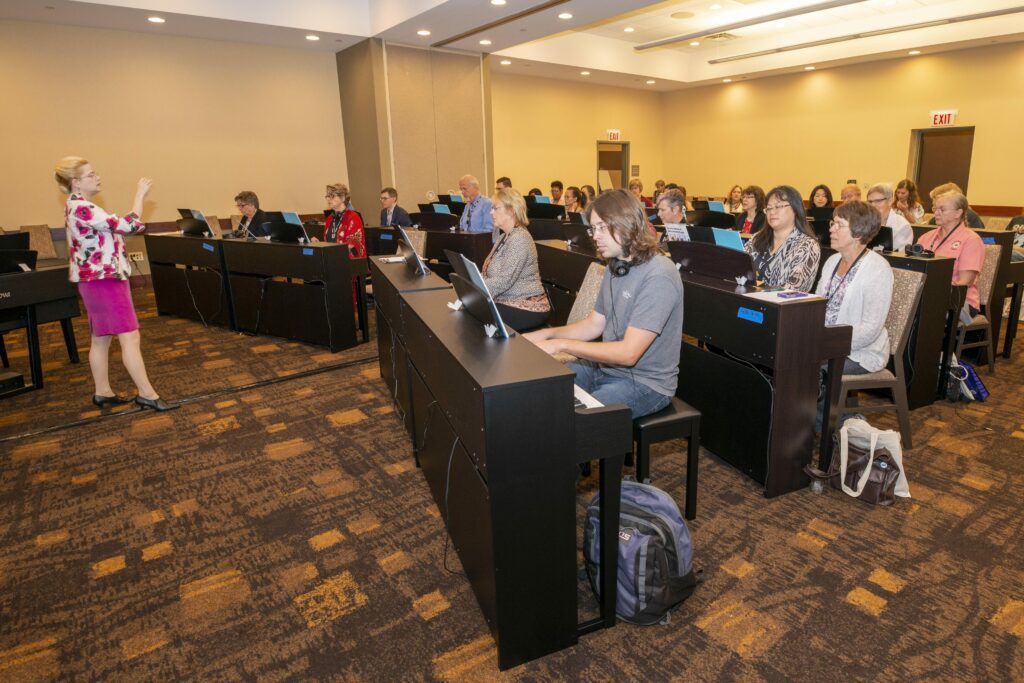
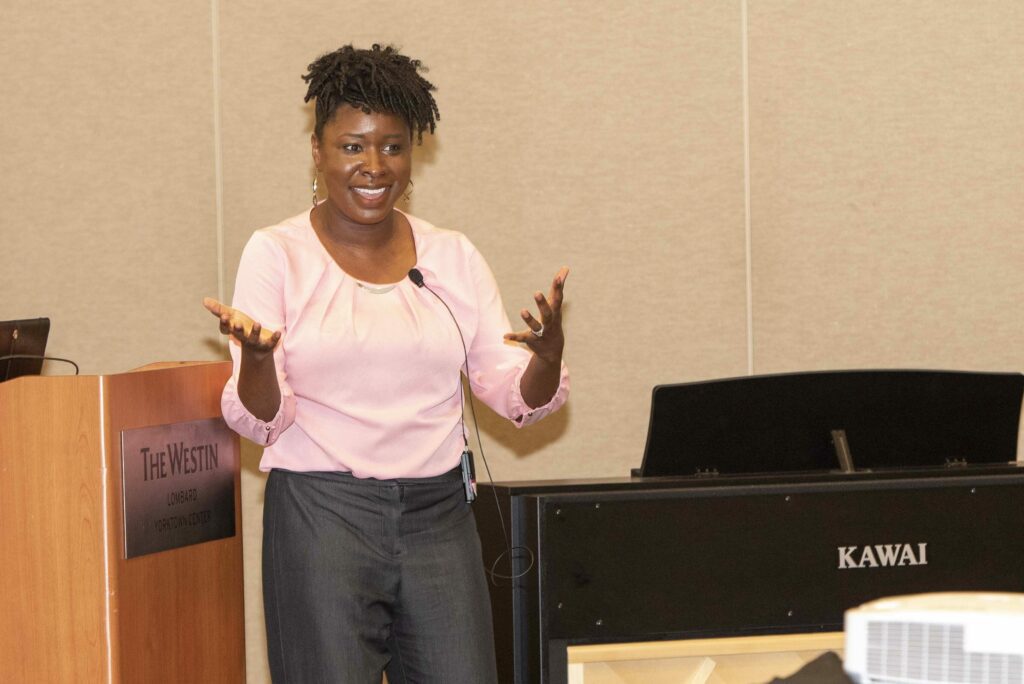
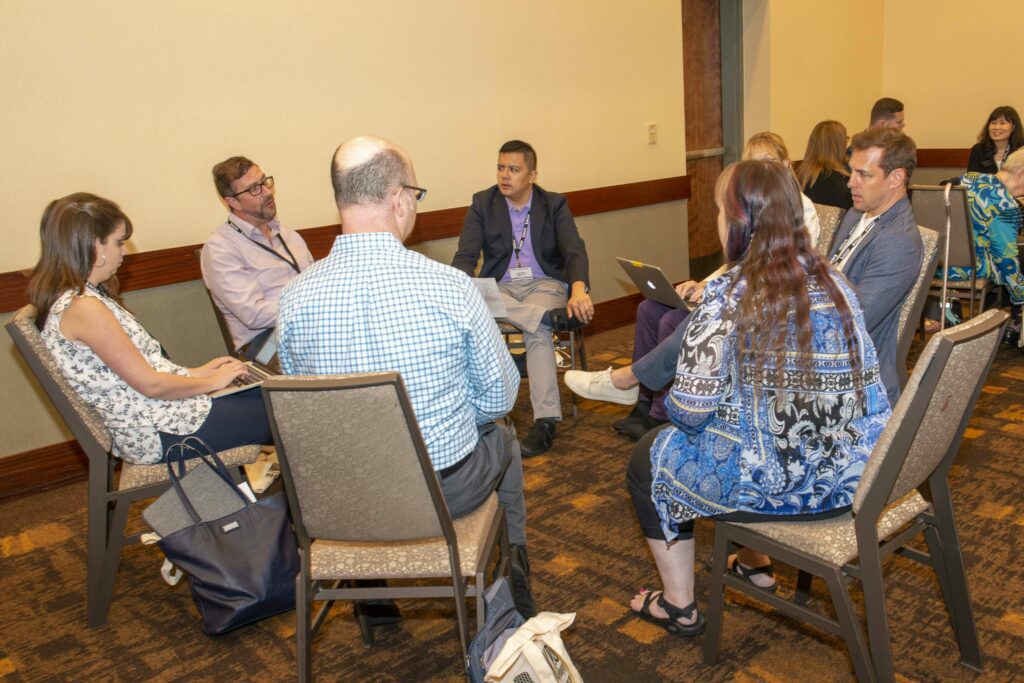
5. Follow the guidelines
Last, but certainly not least, take time to thoroughly review the requirements of the proposal, before the deadline. Note the formats possible, additional requested items (like CVs and headshots), the word count limits, and any additional materials needed (such as recordings). Read the policies and requirements, noting important details like ensuring that the text is suitable for blind review, and that all co-presenters are in agreement with the proposal. If you are including links, double check that these are viewable by others. To avoid last-minute issues, enter your proposal before the deadline, carefully reviewing each item before clicking the “submit” button. After submitting, verify the email confirmation to ensure that your proposal was correctly received.

Do you have research you want to share with the piano pedagogy community? Submit a manuscript to the Journal of Piano Research by clicking here.
More COllegiate Resources
- PIANO MAGAZINE: Collegiate Essay Winner: Emerging Adulthood and Undergraduate Group Piano by Melody Morrison
- DISCOVERY PAGE: The Benefits of NCKP: The Piano Conference and Why You Should Attend by Marvin Blickenstaff
- COLLEGIATE RESOURCES
- MICROCOURSE: Teaching Collegiate Group Piano (from A Pianist’s Guide to Teaching in Groups)